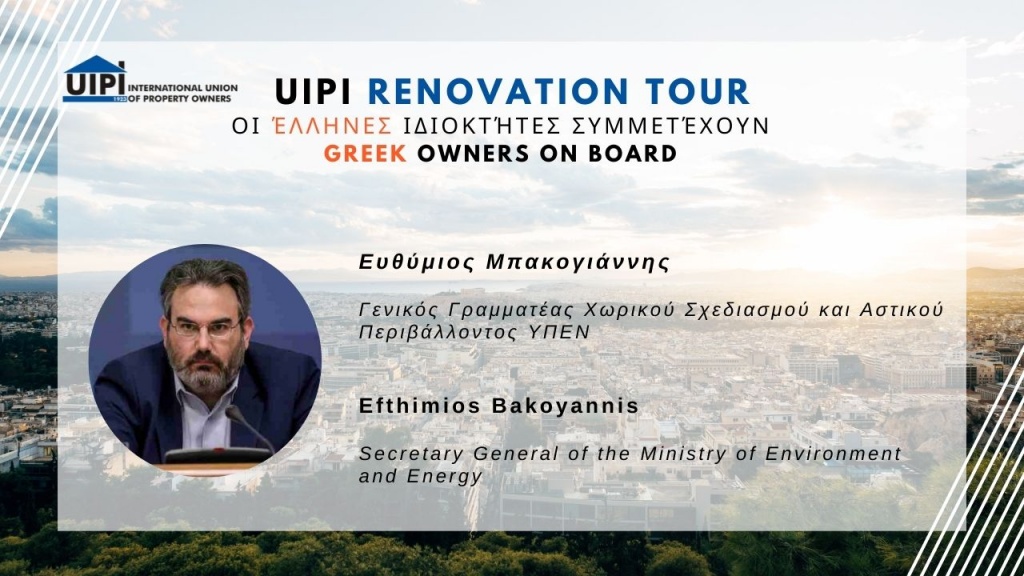The European Commission set to impose minimum standards for buildings in Europe
14 October 2020
Brussels, Belgium
On 14 October 2020, the European Commission publishes its Renovation Wave strategy which outlines its action plan for the decarbonisation of the building stock, pending the revision of numerous legislative texts in 2021. The International Union of Property Owners (UIPI) welcomes the initiative but questions some of the propositions.
The cornerstone of the strategy is to “introduce minimum energy performance standards as part of the revision of the directive on the energy performance of buildings by end of 2021”. The ‘when’ and ‘how’ still need to be specified, but there is no doubt on the ‘if’ these mandatory standards will be introduced. All building types are potentially covered, according to the document. The Commission will also issue “indicative milestones for renovation of public and private service buildings for 2030 and 2040 with a view of decarbonising the building stock by 2050”.
This goes beyond anything that the Commission has dared to do until now. This means that, in practice, it could require European families and owners to renovate their home and their properties to meet certain standards. If we understand the urgency of the situation and the need to strongly incentivise building renovation with tools such as one-stop-shops or support schemes, we doubt this provision sends the right signal to EU citizens. This should obviously not be homogeneously implemented across all building sectors, from Helsinki to Valletta, knowing that in a certain number of EU Member States the average annual households’ net income is less than €10,000.
UIPI welcomes the focus on ensuring adequate and well-targeted funding. But the communication recognised that we would need to invest €275 billion every year to renovate the building stock to reach the newly proposed 2030 reduction of emission objective. By comparison, the entire EU budget – to cover everything that the EU finance – as well as the recovery programme should be of €1,825 billion for seven years. Nothing is specifically earmarked for building renovation. It largely depends on the intention of the Member States. So even if the intension is laudable and should be promoted, much more would be needed to cover the needs and boost private investments.
The Strategy aims to make decarbonised housing affordable. But it is fair to question how this can be achieved by pilling up obligations and requirements such as minimum energy performance standards, update of the Energy Performance Certificate framework, introduction of the Digital Building Logbooks, potential requirement of using minimum levels of renewables in buildings, to name a few.
“We are facing unprecedent challenges and unprecedent actions are needed, also from EU citizens and the real estate sector! The Renovation Wave is the occasion to address those challenges, but it should be done with and for the citizens, with an even stronger focus on means rather than on obligations.” says Emmanuelle Causse, Secretary General of UIPI.
Note:
In 10 European Member States the annual median net yearly income is less or equal to €10.000 (Eurostat). Many of these countries are among the ones with the highest rate of property owners in Europe (Eurostat Housing Statistics).



